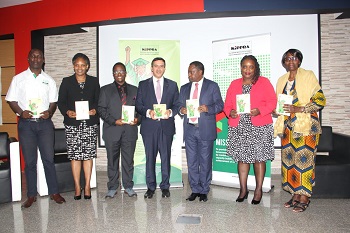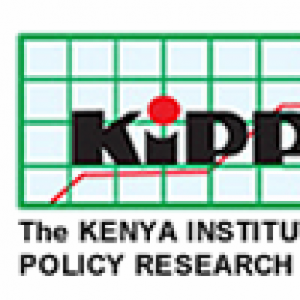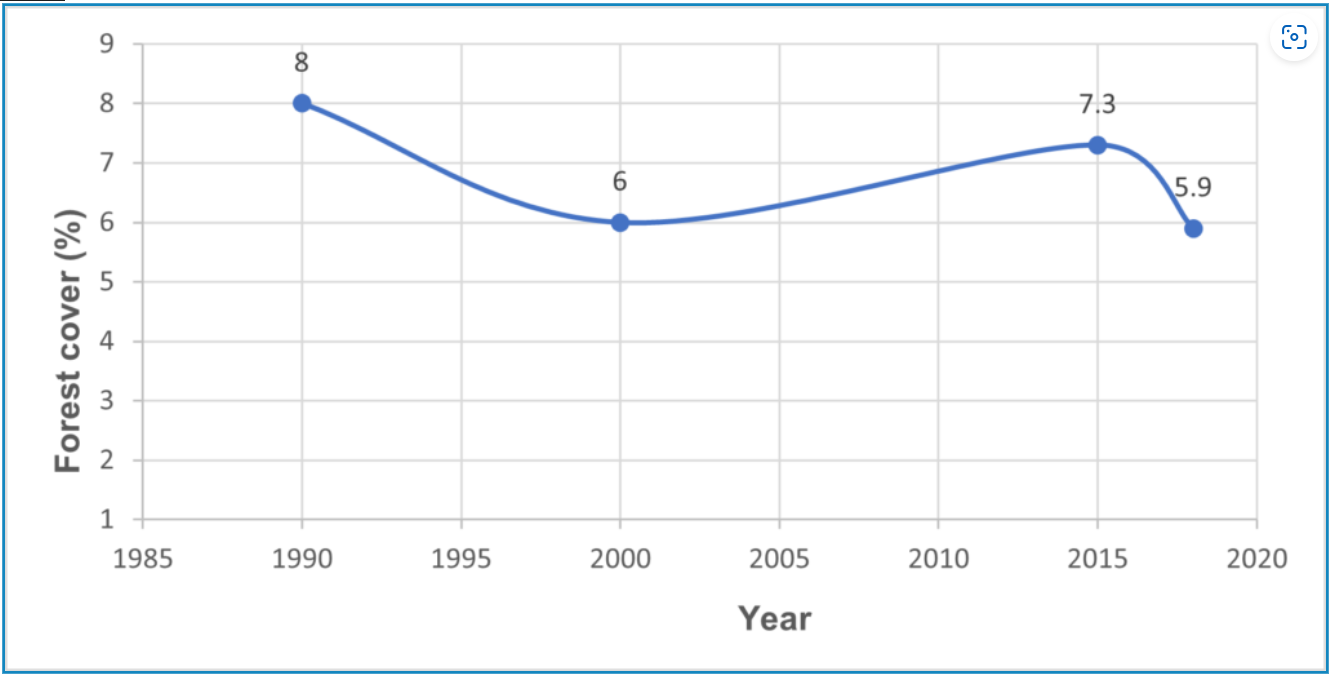Social protection entails policies and actions, including legislative measures, that enhance the capacity of and opportunities for the poor and vulnerable groups in society to improve and sustain their lives, livelihoods, and welfare. Social protection should also enable income-earning and support for PWDs’ dependents to maintain a reasonable level of income through decent work, and to ensure access to affordable healthcare, social security, and social assistance (Ministry of Labour and Social Protection (2018/19). Social protection in Kenya covers social assistance, social security and health insurance.
Kenya in 2010/11 instituted social protection transfer programmes for persons with severe disabilities with 2,100 beneficiaries. In 2011/2012 financial year, it was scaled up to cover 14,700 beneficiaries. The programme enrolled an additional 12,500 new beneficiaries bringing the total number of households in the programme to 27,200 in 2013/14. In 2015/2016, 20,000 additional beneficiaries were enrolled, leading to a total of 47,200 beneficiaries between 2015/16 and 2019/2020 financial year. In 2017, the Ministry of Labour and Social Protection facilitated 329,000 Persons with Disabilities (PWDs) to be registered under social protection programmes, which enabled them to get free access to various government services, including cash transfer programme for person with severe disability, free medical insurance through the National Hospital Insurance Fund, assorted assistive devices and education support for learners with special needs. From the recent 2019 Population and Housing Census, it means the country is far from registering all the PWDs and therefore to identify all those that are in dire need of government support.
Social protection programmes have proved to be successful interventions in the fight against poverty and hunger in most of developing countries. However, for them to yield the expected outcome, they must be appropriately targeted and accompanied with adequate resource allocation. For example, the Kenya Persons with Disabilities (Amendment) Act 2019, spells out that allowances should be given to persons with disabilities under the following categories and to individuals who have no other source of income: persons with severe disabilities who are not trainable in any skills, aged persons with disabilities, and single parents with children who have disabilities and cannot seek employment. Further, Social Assistance Act 2013 provides that the various programmes should assist in the development of individual, family and community capacity to become self-sufficient; increase the ability of persons with disabilities to assume greater responsibility for themselves and ultimately reduce dependence on public financial assistance. In view of this, the amount allocated to each vulnerable household should be enough to ensure the expectations within the social assistance act are met.
All the cash transfer schemes in Kenya are treated in such a manner that the cash transfer is meant to benefit the vulnerable households and not the number of affected individuals in every household. PWDs who are eligible to benefit from persons with severe disability cash transfer programme must be in need of permanent care, including feeding, toiletry, protection from endangering themselves and from other persons and the environment, and thus require intensive support on a daily basis. Whereas the type and severity of disability affects the level of caring required, this is rarely considered in allocation of cash transfers. The persons with severe disabilities cash transfer programme allocates Ksh 2,000 per month to the vulnerable households, which is delivered after every two months. That said, persons with disabilities have higher rates of poverty than persons without disabilities. For example, the Kenya Integrated Household Survey (KIHBS) 2015/2016 shows that at the national level, over half (54.7%) of persons with disabilities reported to have had difficulties in engaging in economic activity, with a higher proportion reported in rural areas compared to urban areas. The survey further defines the poverty line in Kenya as households and individuals whose monthly adult equivalent total consumption expenditure per person is less than Ksh 1,954 in rural and peri-urban areas and less than Ksh 2,551 in urban areas. As such, the amount of cash transfer to households with PWDs may not be adequate for the affected households to fully exit poverty.
The registration and categorization of PWDs is complex, with the compulsory medical assessment reports taking too long to be ready. This is normally costly for PWDs to afford. It is noted that before one is registered as a PWD, he or she must first be assessed in either level four or level five hospitals. After the assessment, a disability medical assessment report is then forwarded to the Ministry of Health Oversight Committee, which consists of: five doctors and four physiotherapists for evaluation before forwarding recommendations to the National Council for Persons with Disabilities. Once a PWD has been registered, he or she can apply to benefit from tax exemptions, claim tax relief from treatment received from hospital and can also import vehicles duty free. However, their tax relief applications must be reviewed by the National Council for Persons with Disabilities before it is forwarded to the Kenya Revenue Authority. This system will need to be expanded to link with social protection, and registration since it is at registration that severity of the disability is determined even though PWDs do not have to renew their registration on annual basis.
Further, the cash transfer only covers people with severe disability, thus failing to cover all the persons with disability who also need social assistance. This programme targets adults and children with severe disabilities, who require full time support of a caregiver. Taking the case of South Africa, there are a total of five social grants among them; Old Age Pension where individuals receive US$ 130 per month; Disability grant where PWDs receive US$ 130 per month, Child support grant where households receive US$ 30 per month, care dependency grant where caregivers receive US$ 130 per month and Foster Child grant who receive US$ 90 per month. From the South Africa experiences, it is critical that social protection stakeholders work towards the realization of covering all the persons with disability in the cash transfer programme regardless of whether they have severe disability or not.
Again, the monitoring system is weak to ensure the money received through the cash transfer programme is utilized for the intended purpose in uplifting the standard of living for the persons with severe disabilities. The legal frameworks provide that the money is supposed to be used to assist in the development of individuals, family and community capacity to become self-sufficient; increase the ability of persons in need to assume greater responsibility for themselves and ultimately reduce dependence by the people on public financial assistance. One of the reasons for the establishment of cash transfer programme for persons with severe disabilities include: need to strengthen the capacities and improve the living standards of parents and children with disabilities and the need to alleviate poverty among persons with disabilities. Having a strong monitoring system would help to ensure the intended outcomes of the cash transfers are met.
While acknowledging the efforts made by the Government of Kenya in developing its national social protection system, and to deepen disability inclusion in social protection, it is important to have a comprehensive framework that considers various aspects such as: poverty level, individual entitlements for PWDs, and a lifecycle social security system and sustainable public private partnerships in social protection initiatives.
Authors: Samuel Kataa (Young Professional) and Dr Eldah Onsomu (Principal Policy Analyst), Victor Mose (Senior Policy Analyst) – KIPPRA






